Using sugars or sorbitol in soap is a great way to improve the texture of soap and increase the lather. Sugars and sorbitol act as humectants, drawing moisture to the skin. Sorbitol is a sugar alcohol with high solubility in water.
What is sorbitol?
Sorbitol is also known as D-glucitol or L-gulitol. It is a natural organic compound belonging to a class of sugar alcohols. Sorbitol is found in many fruits and plants, including apples, berries, cherries, pears and plums.¹
It is produced synthetically from glucose. Sorbitol is readily soluble in water and has about half the sweetness of sucrose.
There are many uses of sorbitol in everyday products:
Food additive: Sweet and improves the texture of many foods, such as chewing gum, ice cream, candy, confectionery and foods for diabetics.
Personal Care Products: Sorbitol is a common ingredient in toothpastes, creams and lotions. It is also used in liquid soap and soaps as a humectant, emulsifier and thickener.
Pharmaceuticals: Sorbitol is used as a diuretic or laxative, or as a liquid suspension.
What does sugar or sorbitol do in soap?
Soap molecules, like sugars and alcohols (such as sorbitol), have both hydrophobic parts (repels water), and hydrophilic parts (mixes well with water).
You know something is hydrophobic when it doesn’t mix well with water (think of oils that don’t mix with water at all). You know something has a water-loving hydrophilic element when water spreads evenly over it.
Soap molecules have more oily properties than water-loving properties and are therefore poorly soluble in water. The soap molecules have long hydrophobic tails and less hydrophilic heads. (Note whether soap dissolves quickly in water – it is quite resilient and long lasting in water)!
In contrast, sugars and alcohols are more water-loving than fats. They have fewer hydrophobic parts and more hydrophilic parts. (Mix a spoonful of sugar in a glass of water and it dissolves quickly).
When you mix sugars or alcohols with soap molecules, the sugars and alcohols settle into the hydrophilic part of the soap. In this way, the alcohols and sugars make the soap more compatible with water molecules than it normally would be.
This leads to all sorts of interesting things in your soap mixture, such as:
- An increase in temperature.
- Faster emulsification of oils leading to faster tracks.
- The soap enters the gel phase faster.
- And because the sugars and alcohols make soap molecules more compatible with water molecules, you’ll find that your finished soap is more water soluble and produces bigger, fizzier lather!
Note: Alcohols also contribute to more transparency in soap if that is something you hope to achieve. Alcohols in lye soap give translucent soap, rather than the really transparent soap base you can buy to melt and pour soap.
In summary, sugars or sorbitol do the following in DIY soaps and lotions:
- Work as a humectant to draw moisture to the skin in soap.
- Increase the thickness of DIY lotions or shower gels.
- Increase transparency in bar soap and liquid soaps.
- Strengthening the foam.

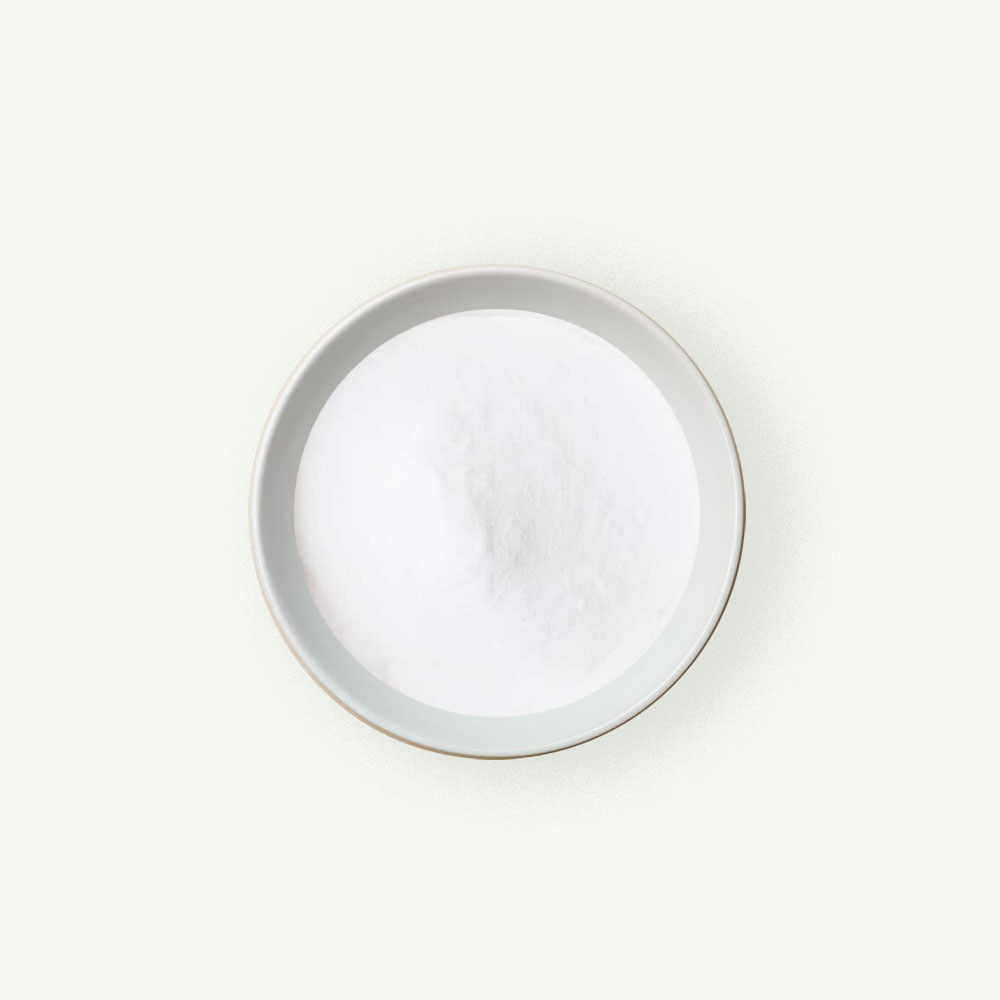
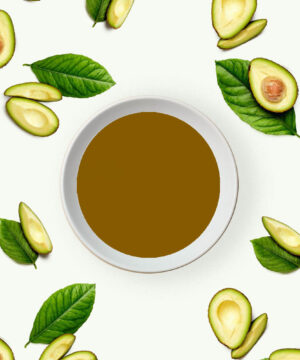
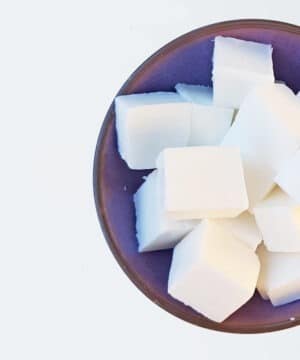
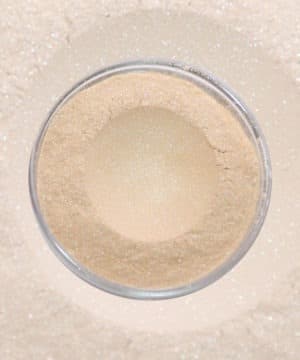
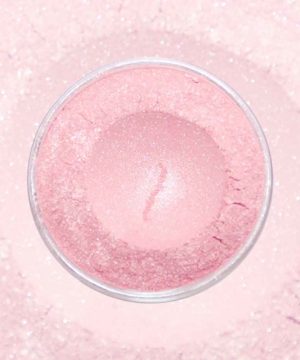

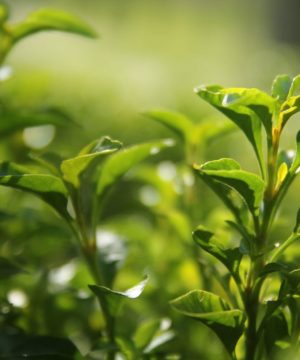
Reviews
There are no reviews yet.